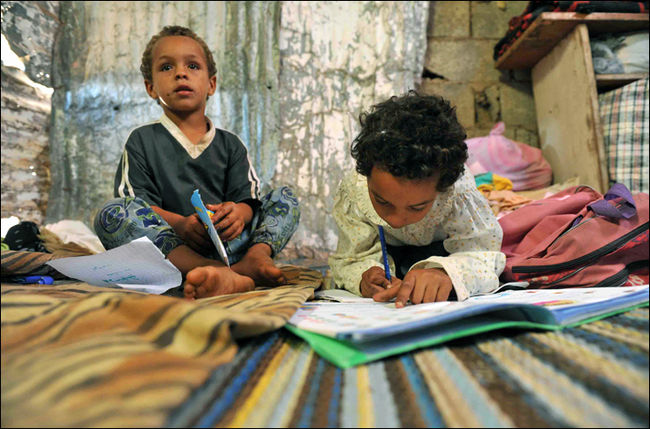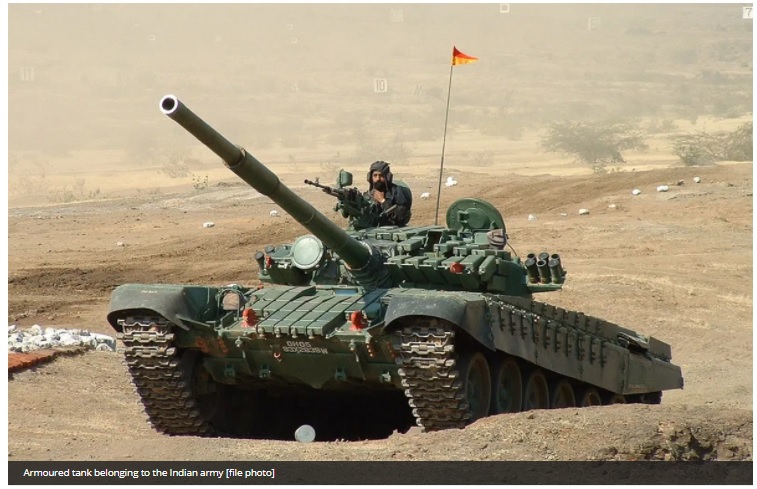By Siham Ali in Rabat
for Magharebia

Moroccan officials are questioning whether or not direct financial support for poor families is the best way to reduce poverty
The government has yet to settle the matter of direct financial support for the poor.
The direct assistance for the poor that the Moroccan government promised in 2012 has been slow in coming.
The government “rushed” into announcing direct financial support for the underprivileged, Mohamed El Ouafa, the minister delegate in charge of general affairs and governance, said December 16th in Rabat.
The proposal would create a nation of people on benefits when the government ought instead to be helping this segment of society become economically active, he told the press.
Nothing had been decided, he said. The government was still thinking about the issue as part of the process of reforming the Subsidisation Fund, he added.
The fund’s budget was reduced heavily in 2014 and 2015 due to the removal of subsidies on petroleum products, which stirred up controversy. The only petroleum product that is still subsidised is butane gas, and there are no plans to abolish this subsidy in the immediate future, the minister said.
El Ouafa explained that the government was considering various ways of making sure that the subsidy on this product would only benefit the poor. At the moment, barely 38% of the gas subsidy goes to households, while economic sectors such as agriculture and hotel services take the lion’s share.
The government must reassure the public about the future of the Subsidisation Fund because so far, it has not given any clear or detailed pledges, sociologist Basma Mourtadi told Magharebia.
“The decisions to remove subsidies on petroleum products caught the public off guard,” she said. “People are now worried about what will happen to the prices of petrol and diesel,” she said.
In this regard, El Ouafa underlined that if the prices of petroleum products rise, the government could always resort to index-linking through the Subsidisation Fund.
The public is sceptical.
Karim Omari, an employee, said that the subsidy reform that was implemented last year showed that the government lacked a clear strategy.
“What the government says is no longer credible. Although ministers said in 2013 that the subsidies on petroleum products would not be withdrawn, this opinion changed within a few months. Now they are saying that butane gas will still be subsidised, but this cannot last because the government is seeking a way of changing this situation. There are fears for the spending power of both the poor and the middle class,” he said.
Fatima Choukri, a teacher, said that the government needed to keep its promises with regard to direct financial support for the poor.
“The middle class could accept an increase in the prices of some items if it knew that direct aid will be given to the poor in exchange. People also need to be supported through measures such as income tax allowances to help them cover the cost of sending their children to school, or help towards the cost of housing,” she argued.,




